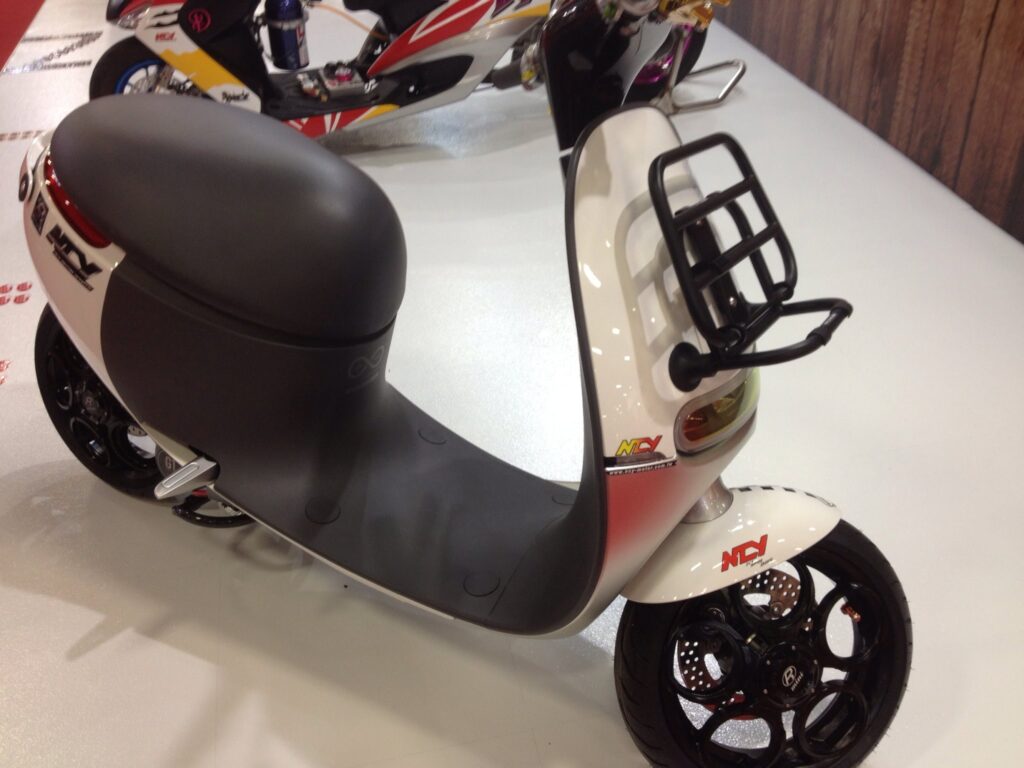Indonesia sets aside massive fund to incentivize EV motorcycle sales
Throughout most parts of Asia, scooters are the main form of transportation. They are inexpensive to buy and maintain, and the manufacturers sell millions yearly. But they are also a primary source of pollution, especially in large congested cities where the smog hangs in the air like a thick cloud, even on a sunny day.

In response to climate initiatives, Indonesia announced plans to subsidize electric motorcycle (i.e., scooter) sales to spur a changeover to a carbon-free alternative starting in 2024.
According to a Reuters report, the southeast Asian country will allocate 7 trillion rupiahs, a massive $455.88 million USD, in state funds to subsidize EV sales, aiming to attract investment in its domestic industry.
A finance minister told Reuters that the subsidies would cover sales of 800,000 new electric motorcycles and the conversion of 200,000 combustion engine motorcycles.
“We are launching this program so that massive adoption of battery electric vehicles can be achieved soon, and the Indonesian transportation industry can be transformed to a greener industry,” the minister said in a press conference.
According to data cited from the Association of the Indonesian Motorcycle Industry, there were nearly 32,000 electric motorcycles on Indonesia’s roads as of October last year.
The government hopes to build up the country’s production of EV facilities and battery manufacturing since it has vast nickel resources, a critical element needed to produce EV batteries. Furthermore, the government hopes the new subsidies will add at least one million EVs to Indonesian roads by 2024, replacing the ICE motorcycles/scooter fleet.
As more and more countries respond to reducing greenhouse emissions, the “Indonesian Plan” may be the model for other Asian countries with similar issues.








